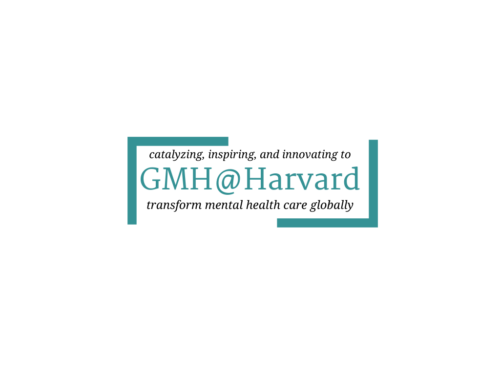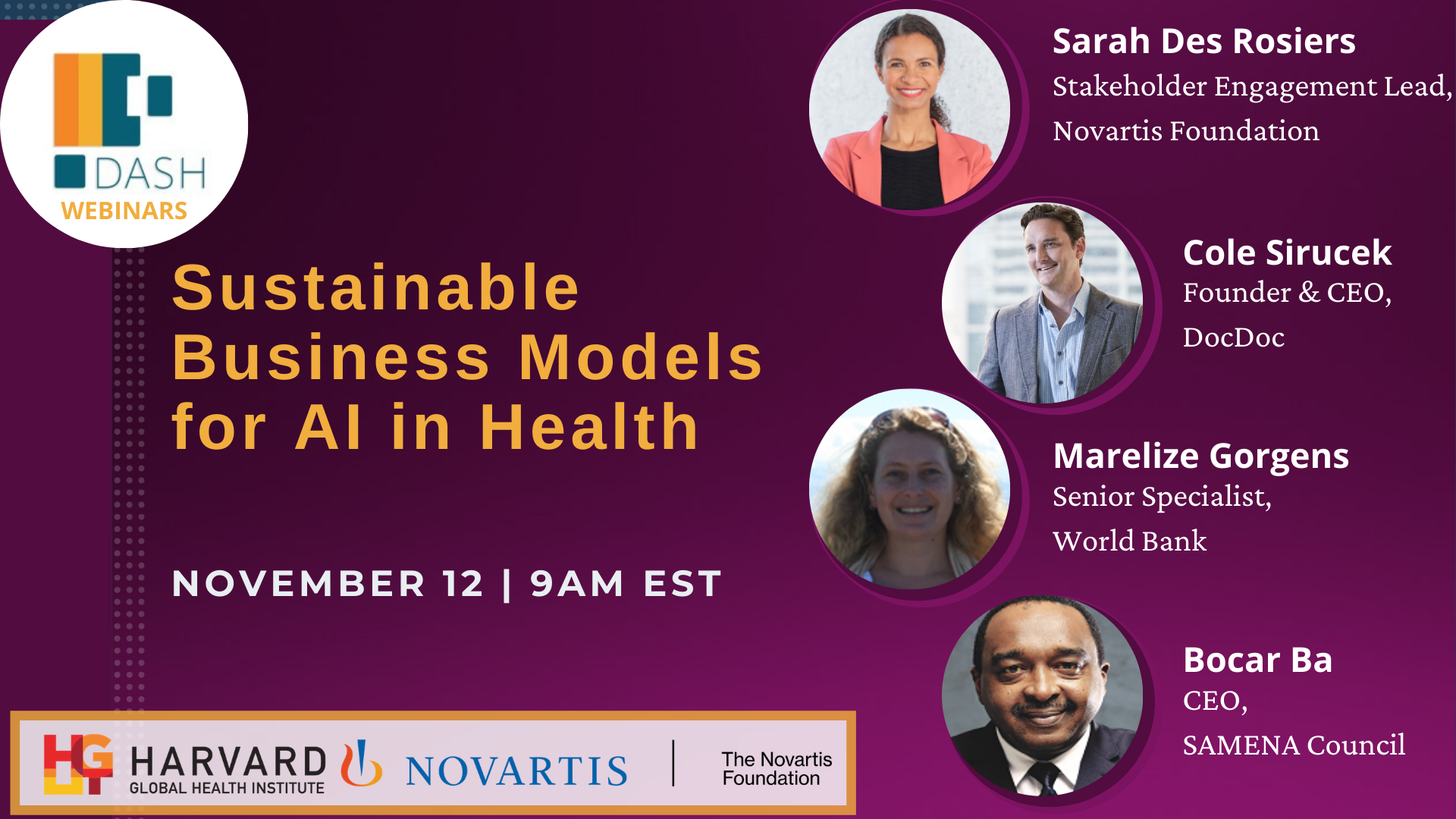Click here to register and receive the zoom link!
Abstract
Depression and anxiety make up an estimated 45% of the global burden of disease for young people, and both are associated with many negative life outcomes. This burden falls disproportionately on low-income countries, such as Kenya, where a high percentage of youths report clinically elevated symptoms of depression or anxiety. However, these young people rarely receive treatment due to a dearth of mental health providers, elevated stigma related to mental illness, and low availability of government funding for mental health care. Additionally, most evidence-based treatments are lengthy, costly, and may not be culturally appropriate.
Over the last few years, our research team—beginning with the Harvard Lab for Youth Mental Health and extending to creation of the Shamiri Institute (see below)—has developed and evaluated a simple, positively-focused, scalable, and school-based intervention called Shamiri (“thrive” in Kiswahili) for adolescents in Kenya. Shamiri consists of three strengths-focused modules (growth mindset, gratitude, and value affirmation) that can be delivered in-person in four one-hour sessions or digitally in one one-hour session. The in-person sessions are led by trained high-school graduates (ages 18-to-24) with no previous training in mental health or psychology. Our multisite randomized controlled trials have shown that Shamiri reduces depression and anxiety, improves grades, and enhances relationships in Kenyan youths. Our intervention development approach, which involves multicultural teamwork and collaboration, provides a template that may warrant testing in other settings where limited resources, mental illness stigma, or a shortage of professionals limits access to mental health care.
About the Shamiri Institute
Shamiri Institute is a data-driven non-profit organization that develops and implements low-cost and low-stigma mental health interventions to help young people thrive. Our mission is to provide at-risk, low-income youths in Sub-Saharan Africa and beyond with the tools to improve their life outcomes. Founded and launched by Harvard graduates in 2018, we combine rigorous social science research with deep contextual knowledge of the Kenyan educational and mental healthcare systems.
Presenter Bios
Tom Osborn is a community mobilizer, entrepreneur and research scientist. Born and raised in poverty in rural Kenya, he has started and worked for organizations that aim to disrupt the status quo and lift communities out of poverty. At 18, he co-founded GreenChar, a social enterprise that provided homes and institutions in rural Kenya and urban slums with clean energy. For his work and leadership at GreenChar, he was the youngest recipient of Echoing Green Fellowship – an award for the world’s best social entrepreneurs. At 19, he was named to the Forbes’ 30 under 30 list in Social Entrepreneurship, the second youngest person to receive the honor. He has also been awarded the Women Deliver Social Entrepreneur Award in 2016, the Anzisha Prize Energy Award and many other awards. Salt Magazine has also listed him as a 30 under 30 social entrepreneur. Besides his entrepreneurial experience, Tom graduated from Harvard College with a degree in Psychology (High Honors).
Katherine Venturo-Conerly is a first-year doctoral student studying under Professor John Weisz at the Harvard Laboratory for Youth Mental Health. Katherine graduated Phi Beta Kappa from Harvard College in 2020 with a degree in Psychology, a minor in Global Health and Health Policy, and a citation in Spanish. Katherine’s research focuses on developing, testing, and disseminating mental health interventions for low-resource youth internationally, with the aim of providing these youths with access to effective mental health care. Relatedly, she is interested in researching scalable and streamlined alternatives to traditional long-form psychotherapy, including digital mental health interventions and brief interventions. She has received over 15 grants and fellowships and received awards from organizations including the American Psychological Association and the Society for a Science of Clinical Psychology. Additionally, she has worked at labs including the Columbia Global Mental Health Lab, the department of psychiatry at the University of Chile, Santiago, and the Center for Humanitarian Health at Johns Hopkins University, and at nonprofits including the National Alliance on Mental Illness. Katherine co-founded and serves as the scientific director of the Shamiri Institute, a non-profit dedicated to evidence-based, scalable mental health and wellness interventions for low-resource youth in Kenya and beyond.
Akash Wasil is a second-year PhD student and National Science Foundation research fellow in clinical psychology at the University of Pennsylvania. Akash graduated Phi Beta Kappa from Harvard, where he served as an editor of the Harvard Political Review, a peer counselor with Harvard ECHO (Eating Concerns Hotline and Outreach), a performer with The Noteables, and a research volunteer at the Weisz Lab for Youth Mental Health. Driven by a desire to expand access to evidence-based treatments, Akash’s research focuses on developing and evaluating scalable mental health interventions for vulnerable populations. He is especially interested in digital mental health, global mental health, implementation science, and health economics. Akash has had the pleasure of working with multicultural teams to develop interventions for people in Kenya, India, Greece, and the United States. Through his research, he has worked with colleagues at Ashoka University, the University of Athens, the University of Chile, the Columbia Global Mental Health Lab, the Center for Humanitarian Health at Johns Hopkins University, and nonprofits such as Educators Thriving. Akash’s research has led to 17 peer-reviewed articles and over 20 grants. Akash has also presented his work at academic conferences, receiving awards from the American Psychological Association and the Society for a Science of Clinical Psychology. Besides research, Akash loves listening to musical theatre, playing board games, and watching eSports.
John R. Weisz is Professor of Psychology in the Faculty of Arts and Sciences, Harvard University. He is also a Professor in Harvard Medical School. He leads the Harvard Lab for Youth Mental Health, developing and testing psychotherapy programs for child and adolescent mental health problems. He and his lab colleagues also conduct meta-analyses to describe and improve the science of youth mental health care. He served for eight years as President and CEO of the Judge Baker Children’s Center, an affiliate of Harvard Medical School. He has more than 450 publications, including ten books about child and adolescent mental health; his work has generated more than 48,000 citations, his Google Scholar h-index is 111, and he frequently included on lists of “highly cited” researchers. His scientific awards include the Klaus-Grawe Award for the Advancement of Innovative Research in Clinical Psychology and Psychotherapy, from the Klaus-Grawe Foundation; the Sarah Gund Prize for Research and Mentorship in Child Mental Health, from the Scientific Research Council, Child Mind Institute; and the James McKeen Cattell Lifetime Achievement Award from the Association for Psychological Science—APS’s highest honor—for work that “has had a profound impact on the field of psychological science over the past quarter century.”






